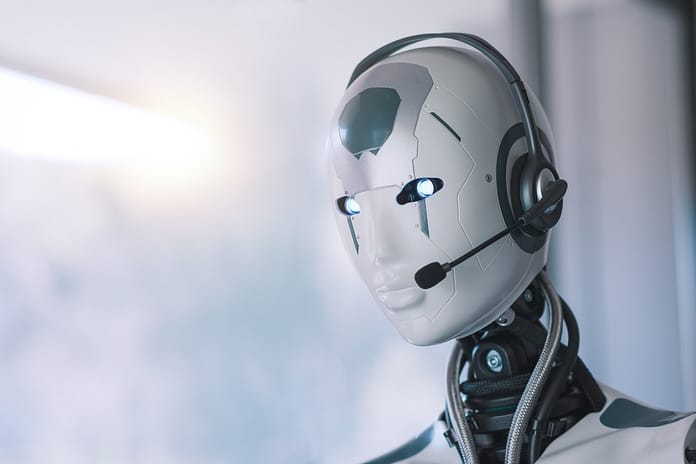Digital transformation, which for years guided corporate modernization, is giving way to a new phase: the era of “AI-First” companies. This shift isn’t just about incorporating new technologies, but also about reimagining operational and strategic models, placing AI at the center of corporate decisions.
While digital transformation focused on digitizing existing processes and implementing technologies to improve efficiency, the AI-First approach goes further. Now, companies are integrating AI from the very beginning of product and service design, making it a fundamental pillar of their business strategies. This shift isn’t limited to large corporations; small and medium-sized businesses are also adopting AI to gain competitiveness and innovate in an increasingly dynamic and demanding market. Those who integrate AI effectively will see not only operational improvements but also the opening of new frontiers for growth and development.
In reality, the question is no longer whether AI will transform business—but rather who will lead the way in this transformation. The shift has only just begun and promises to be much more profound than we imagine, especially with the entry of new players into the race for more advanced AI models, further accelerating the technology’s development.
Brazil: a worrying scenario?
A survey conducted by SAS last year found that Brazil ranks 11th globally in generative AI adoption. Other surveys indicate that Brazilian companies prioritize the technology, but lack a clear vision of how or where to begin. The main obstacles are the lack of adequate technological infrastructure, application quality, and a shortage of skilled labor.
Another study, conducted by Meta in partnership with Fundação Dom Cabral, found that 95% of companies consider AI essential, but only 14% have reached maturity in its use of the technology. Most organizations prefer to focus on simpler solutions, applying the technology to chatbots and predictive analytics tools.
For Brazilian companies—regardless of size or sector—to overcome initial barriers and accelerate AI adoption, it is crucial to invest in three main areas: infrastructure and data, talent and organizational culture, and business strategy.
The first point—related to data and infrastructure—already marks a significant shift in how organizations in Brazil handle data. Investment is needed in systems capable of collecting, processing, and storing large volumes of information, as well as in data governance policies that ensure security and reliability. In many cases, this will require a review of IT architecture and the adoption of cloud infrastructure.
The second point concerns a current pain point in the technology sector: the lack of skilled labor. Investing in ongoing training, partnerships with universities, and internal training programs can help create a solid base of professionals capable of handling AI tools. However, the transformation isn’t limited to IT professionals: it’s necessary to spread a culture of innovation throughout the organization, fostering a mindset open to trial and error and constant learning.
Finally, companies will need to restructure their strategy: AI should not be treated as a technological “add-on,” but as an opportunity to reshape processes and create new revenue streams. Leaders need to analyze where AI can generate the greatest impact—whether in customer relationships, automating internal processes, or creating new products and services—and align these objectives with long-term strategic planning.
An AI-driven future
There’s no doubt that AI is already redefining the way we work, communicate, and create economic value. True business transformation requires companies to rethink their technological and strategic DNA, questioning traditional business models and leveraging artificial intelligence as a key driver of innovation.
In the coming years, we’ll see increasing convergence between AI, the Internet of Things (IoT), 5G, and other emerging technologies. This scenario opens the door to more integrated solutions capable of anticipating trends, optimizing resources, and creating personalized experiences for customers and employees.
Those who move quickly, adopting a bold stance, and exploring opportunities for partnership and continuous learning will come out ahead. Brazil, while still facing structural challenges, has enormous potential for growth and development in the field of artificial intelligence. It’s up to companies, leaders, and professionals to join forces to make this new era a reality, transforming the promise of AI into concrete results for business and society.
By Marcelo Mathias Cereto, Head of the Selbetti IT Solutions business unit at Selbetti Tecnologia


